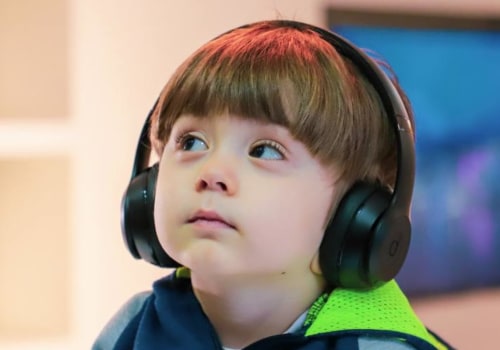Autism is a developmental disorder that affects communication, behavior, and social interaction. While children with autism typically show these symptoms before age three, adults with autism often continue to struggle with these issues throughout their lives.
Autism spectrum disorders (ASDs) are characterized by difficulties with social interactions, repetitive behaviors, and restricted interests. They affect 1% of the population, and are most common among boys. The exact cause of ASDs remains unknown, though genetics play a role.
While traits and symptoms may differ from one person with autism to another, there are some general characteristics that tend to apply. People with autism spectrum disorder often have difficulty processing sensory information around them. Autism greatly affects the lives of adults around the world with the condition, as well as those closest to them. However, many adults who demonstrate autism behaviors and are not formally diagnosed, may also find life difficult, isolated, or a little difficult in some areas.
Autism spectrum disorder is a lifelong condition and some people with autism spectrum disorder are not diagnosed until they are adults. People with autism tend to prefer structure and tend to follow the same routines day after day. The characteristics are similar to those of autism, but may not be as severe, causing the person to fail to meet the full criteria for autism. Learning more about autism can give autistic people and their loved ones or caregivers a greater understanding of the condition.
The following are the top 10 signs of adult autism.
1. Lack of eye contact
2. Poor understanding of nonverbal cues
3. Difficulty reading facial expressions
4. Limited verbal language
5. Problems with social relationships
6. Repetitive behaviors
7. Stereotyped movements
8. Rigid routines
9. Unusual sensory sensitivities
10. Inability to understand humor
It's not unusual for an adult with autism to do things that others may interpret as rude, thoughtless, or distant when in reality there is no negative intention. This sensory overload can also cause people with autism to be unable to look at others' facial expressions when listening, or that they can't focus on complicated questions or instructions while listening to another person speak. Autism spectrum disorder (ASD) is a group of developmental factors that can cause social and communication problems.




Leave a Comment